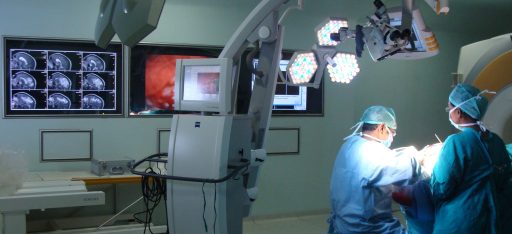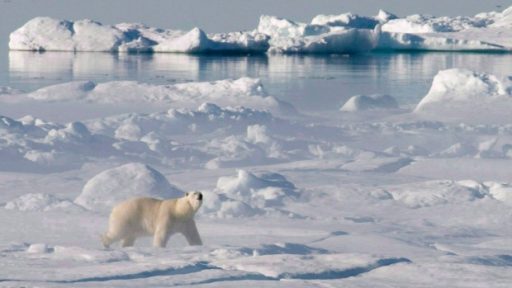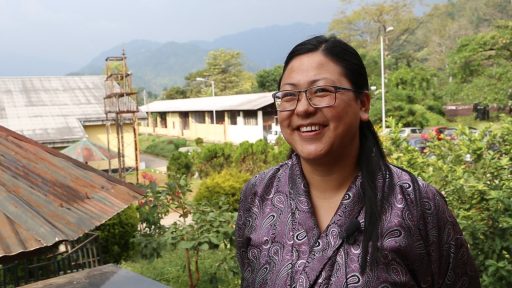The Great East Japan Earthquake on March 11, 2011 caused significant damage to local hospitals in the disaster area, destroying medical information systems in the hospitals and losing patients’ important medical records. The losses prompted Japan’s university hospitals to jointly construct a new backup system that keeps their medical backup data in remotely located areas.
Shortly after filming Schindler’s List, Steven Spielberg established the Shoah Foundation to document the experiences of Holocaust survivors and witnesses of other genocides via video testimony. High-speed R&E networks combined with high-capacity data storage contribute to ensuring digital preservation of these historic memories.
Collaborating across borders to train the trainers opens the door to new opportunities for developing the skills of network engineers in Africa. This engineering workforce provides services that underpin research and education outcomes for the nation.
Instead of managing a vast amount of user names and passwords we want one digital identity, a “passport” reusing login information and giving us secure and easy access to all the services and resources we require to study, do research, and collaborate with colleagues across borders.
Computational neuroscience is gathering momentum in India, empowered by the Indian National Knowledge Network, connecting researchers and databases across the country. One of the promising initiatives is the Centre for Excellence in Epilepsy, investigating the complex changes associated with the development of drug-resistant epilepsy.
“Without Science DMZ, our laboratories would be isolated islands,” says Ana Benko-Iseppon, a Brazilian researcher working on the global project to develop more environmentally adapted cultivated forms of the black-eyed bean.
A lake of lava lies directly below a small South Korean island. The simulations that led to this discovery were performed on supercomputer Piz Daint at the Swiss National Supercomputing Center and the now decommissioned Huygens, the national supercomputing center of SURF in the Netherlands.
ArcticConnect collects data from temperature and dewpoint sensors at research stations throughout the Arctic Circle — including those that provide near-real time data — for visualization, information sharing, and collaborative analysis.
Regions all over the world establish new, dedicated connectivity for research and education, including Asia, where Bhutan and Cambodia now plug into the networks, choosing video conferencing and e-learning to drive local commitment and development.
The Nordic research and education networks are preparing to put a whole new network infrastructure in place for EISCAT 3D, as the powerful new radar is situated in remote northern Scandinavia to assure a minimum of background noise. For the next 35 to 40 years to come, it will be the centerpiece of the international network of instruments monitoring the Earth’s upper atmosphere and space environment.
The Sanjay Gandhi Postgraduate Institute of Medical Sciences in India is a leader in the field of telemedicine, e-health and allied technologies. India’s national research and education network has been integrated within the hospital environment to improve the adoption and application of digital technologies for health.
When the teacher Karine Coelho, from the Balneário Arroio da Silva School, in the State of Santa Catarina, needs to teach inclined planes, propagation of heat, electrical circuits or other matters in the Physics curriculum for high school, her students have access not only to the theory, but to practical experiments that reinforce the content taught in the classroom, within the reach of their cellphones.













